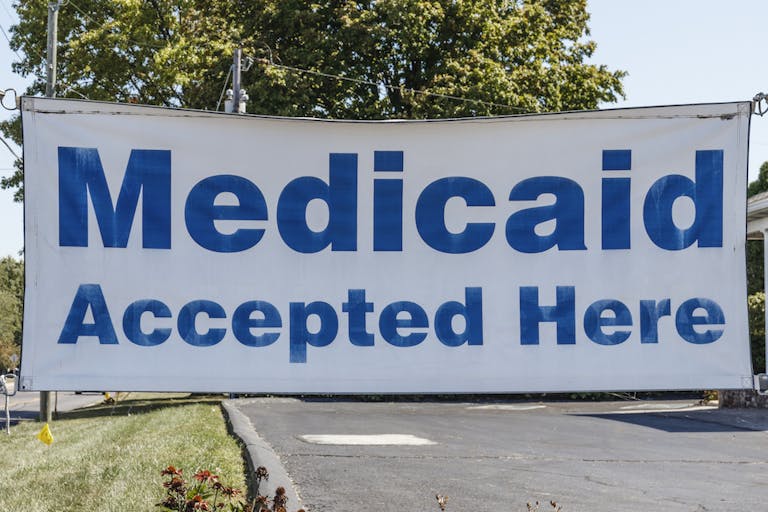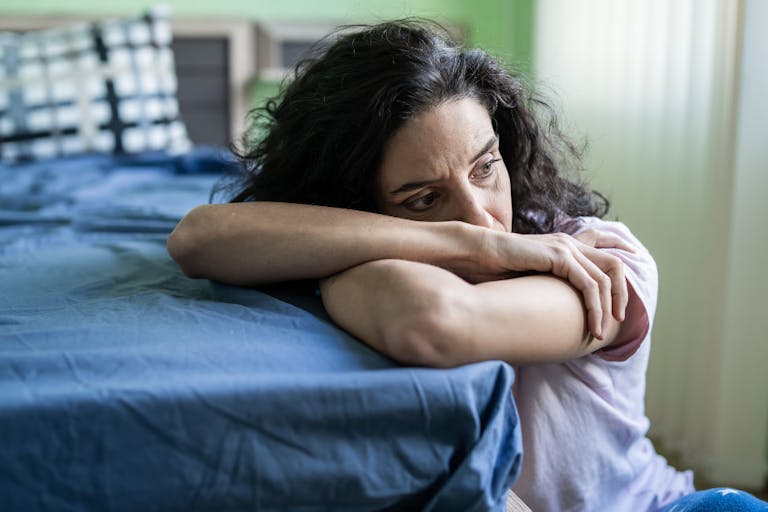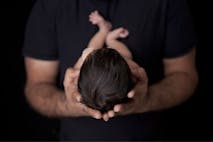
Appeals court rules Medicaid recipients can use Planned Parenthood
Bridget Sielicki
·
The risk of depression after abortion is real, as multiple studies reveal
“My Body, My Choice,” a pro-abortion book intended for teens, falsely claimed, “Choosing an abortion does not lead to a higher risk of depression than choosing to continue an unplanned pregnancy.”1
This is misinformation aimed at vulnerable teenagers.
A study in the British Journal of Psychiatry found that post-abortive women experience an 81% increased risk of subsequent psychiatric issues including depression. The study says:
Over the past several decades, hundreds of studies have been published indicating statistically significant associations between induced abortion and adverse psychological outcomes of various forms. However, the authors of the three most recent qualitative literature reviews arrived at the conclusion that abortion does not pose serious risks above those associated with unintended pregnancy carried to term. This conclusion is problematic for several reasons.
Reasons given included lack of control groups, questionable classification of pregnancies as wanted or unwanted, and the exclusion, without good reason, of studies showing a greater risk of mental illness.
Another study that analyzed Medicaid records showed that post-abortive women needed outpatient mental health treatment more often than women who hadn’t had abortions.
A 2017 study in The Journal of American Physicians and Surgeons found that 67.5% of respondents sought help from a mental health professional after their abortions; only 13% sought help before their abortions. Another study found a higher risk of mental health problems, including depression, among post-abortive women.
In another study, published this year, researchers found that 10.7% of post-abortive women, more than one in 10, needed psychiatric care six months after delivery of a future pregnancy. This was a 43% increased risk within the first three months and a 21% increased risk in the second three months.
Another study divided women who aborted into categories of those with “wanted” and “unwanted” pregnancies. Even in the ‘unwanted’ group, women had a 94% higher risk of suicidal thoughts. 28.2% of women who aborted ‘unwanted’ children suffered depression. For the ‘wanted’ category, it was 37.5%.
READ: Abortion did not solve my ‘problem.’ It sent me into a deep depression.
For teens, the target audience of the book, the problems are even worse. One study — which ironically used dehumanizing language to refer to preborn children while admitting that “traumatic grief” after abortion can occur — said:
The loss of a potential child by abortion gives rise to the universal experience of mourning, in which adolescents are developmentally more vulnerable…. Because strong cultural and religious taboos exist, aspects of traumatic grief are sometimes ignored….
The socially based negative emotions of guilt, shame, and fear of disapproval were still noted in these group participants, even 40 years after the U.S. Supreme Court affirmed women’s right to choose…
These feelings of guilt and shame… can prevent adolescents from incorporating the experience of abortion into a learning experience because the defense of denial is used. This denial may cause a repetition of the shameful experience….
Some group members shared that they talked to the fetus and said, “I’m sorry,” to the fetus.
Teen girls are 10 times more likely to attempt suicide if they have had an abortion in the last six months than girls who haven’t had an abortion, and two to four times more likely to die by suicide after abortion compared to adult women.
All women are at risk of suicide after abortion. Two studies found a six to seven times higher suicide rate after abortion. Another found that 31% of aborting women considered suicide. In another study, that number was 60%, with 28% actually attempting.
One tragic post-abortion suicide was that of Charlotte Dawson, a famous Australian model, and TV star. Another was 22-year-old “Haley Mason” (name changed) whose abortion was committed by infamous abortionist LeRoy Carhart. Before her abortion, she wrote a message to God in her journal which read, “I sit here alone with my thoughts wondering if you will ever forgive me… Will you still love me as a child of yours? Will I still love me after today?”
British artist Emma Beck aborted twins and killed herself soon after. In her suicide note she wrote:
Living is hell for me. I should never have had an abortion. I see now I would have been a good mum. I told everyone I didn’t want to do it, even at the hospital. I was frightened, now it is too late. I died when my babies died. I want to be with my babies – they need me, no one else does.
Beck’s mother says she didn’t want an abortion but was pressured by the twins’ father. In a deposition, she asked why her daughter wasn’t given counseling before the abortion. But the abortion industry’s brand of “counseling” is typically more akin to a sales pitch, preying upon the fears of vulnerable women and girls.
One post-abortion counselor, who is pro-choice, said of the women he treated, “Every single one of them has suffered horribly. They never forgive themselves.”2
The book spreads a dangerous lie about abortion to vulnerable teens. Abortion hurts women.
Robin Stevenson My Body My Choice: The Fight for Abortion Rights (Orca Book Publishers, 2019) 76
James D Slack Abortion, Execution, and the Consequences of Taking Life (New Brunswick: Transaction Publishers, 2009) 61
“Like” Live Action News on Facebook for more pro-life news and commentary!
Live Action News is pro-life news and commentary from a pro-life perspective.
Contact editor@liveaction.org for questions, corrections, or if you are seeking permission to reprint any Live Action News content.
Guest Articles: To submit a guest article to Live Action News, email editor@liveaction.org with an attached Word document of 800-1000 words. Please also attach any photos relevant to your submission if applicable. If your submission is accepted for publication, you will be notified within three weeks. Guest articles are not compensated (see our Open License Agreement). Thank you for your interest in Live Action News!

Bridget Sielicki
·
Analysis
Cassy Cooke
·
Politics
Cassy Cooke
·
Analysis
Cassy Cooke
·
Analysis
Nancy Flanders
·
Newsbreak
Angeline Tan
·
Guest Column
Sarah Terzo
·
Abortion Pill
Sarah Terzo
·
Guest Column
Sarah Terzo
·
Guest Column
Sarah Terzo
·
Guest Column
Sarah Terzo
·